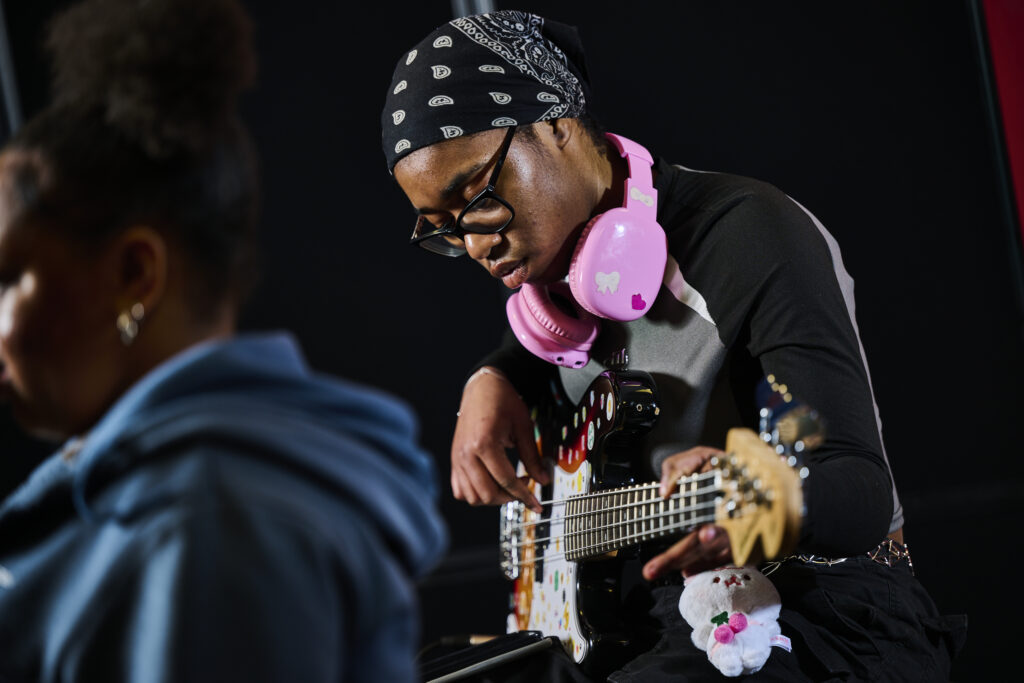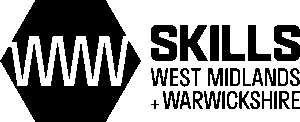Economics is the study of how people, businesses, and governments make choices about allocating resources.
The course is divided into two main parts:
- Microeconomics (how markets and individual businesses operate)
- Macroeconomics (how the overall economy behaves)
Economics teaches you how economies work, why problems like inflation and unemployment happen, and how governments and businesses try to solve them. It’s about real-world issues — and you’ll learn to think critically and argue like an economist.
Modules:
At AS Level (7135), you learn:
- Basic supply and demand
- Market failure and government intervention
- How to measure economic performance (GDP, inflation, unemployment)
- How governments and central banks manage the economy
At A-Level (7136), you go deeper:
- Market structures (like monopoly, oligopoly)
- Labour markets and income inequality
- Financial systems and banking
- Globalization, trade, and development economics
- Behavioural economics (how real people make decisions)
You will develop skills in:
- Analysis (breaking down problems)
- Evaluation (judging economic policies)
- Data interpretation (graphs, tables, statistics)
- Essay writing (building arguments and conclusions)















